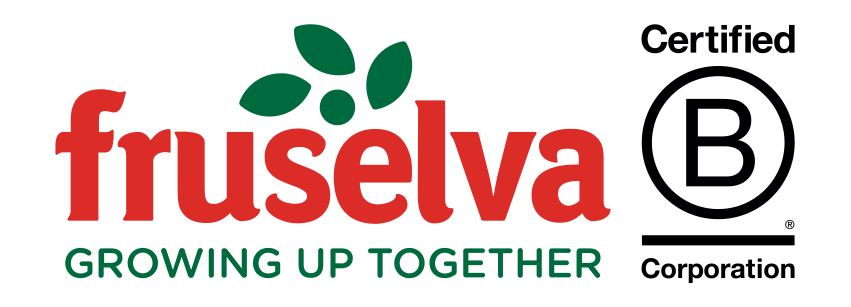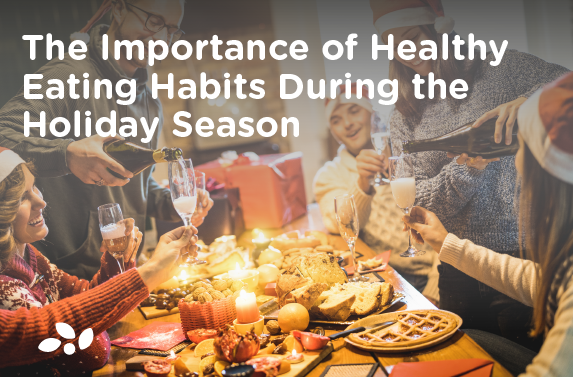The holiday season, especially Christmas, is a time of joy, celebration, and indulgence. It’s a time when families and friends come together to share meals, exchange gifts, and create lasting memories. However, it’s essential to prioritize our health and well-being, especially when it comes to our eating habits. In this article, we will explore the significance of maintaining healthy eating habits during the Christmas season and how it contributes to our overall well-being.
The abundance of festive treats during the holidays can be tempting, but it’s crucial to strike a balance between indulgence and nutrition. Opting for nutrient-rich foods ensures that our bodies receive the essential vitamins, minerals, and antioxidants needed for optimal functioning. Incorporating colourful fruits and vegetables, lean proteins, and whole grains into holiday meals not only contributes to better health but also enhances the overall enjoyment of festive dishes.
One of the challenges during the holiday season is the excess consumption of calories, often leading to weight gain. Making mindful choices and being conscious of portion sizes can help in maintaining a healthy balance.
The holiday season can be a stressful time for many individuals, with a flurry of activities and expectations. Stress can impact our eating habits, leading to emotional eating and unhealthy choices. Incorporating potential stress-reducing foods, such as those rich in omega-3 fatty acids and magnesium, can have a positive impact on mood and overall well-being. Additionally, staying hydrated is crucial, as dehydration can contribute to increased stress levels.
Rich and indulgent holiday meals can sometimes lead to digestive discomfort. Including fiber-rich foods, such as fruits, vegetables, and whole grains, can support healthy digestion. Probiotic-rich foods like yogurt and fermented foods also contribute to a balanced gut microbiome, promoting optimal digestive function. Prioritizing foods that are gentle on the digestive system ensures a more comfortable and enjoyable holiday experience.
The holiday season often involves gatherings with family and friends, providing an excellent opportunity to set a positive example for loved ones. Demonstrating a commitment to healthy eating habits sends a powerful message about the importance of prioritizing health, not just during the holidays but throughout the year. Encouraging shared activities such as cooking healthier versions of traditional recipes or incorporating physical activities into holiday traditions fosters a supportive environment for everyone.
The aftermath of the holiday season can sometimes bring feelings of fatigue and sluggishness. Adopting healthy eating habits during the festivities can contribute to sustained energy levels and prevent the post-holiday slump. Choosing nutrient-dense snacks and meals helps to stabilize blood sugar levels and provides a steady source of energy, supporting overall vitality.
It’s possible to enjoy the traditions and flavors of the holiday season without compromising on health. Exploring creative ways to prepare traditional dishes with a healthy twist can be both fun and satisfying. Experimenting with new recipes that incorporate whole, unprocessed ingredients allows for a balance between tradition and well-being.
In conclusion, the importance of maintaining healthy eating habits during the holidays cannot be overstated. By making mindful choices, balancing indulgence with nutrient-rich options, and prioritizing overall well-being, we can ensure that the festive season is not only joyful but also healthful. Embracing a holistic approach to nutrition during Christmas sets the stage for a positive start to the new year, fostering habits that contribute to a healthier and happier life.



